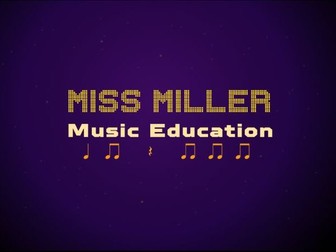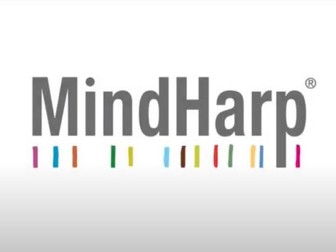Pulse, Rhythm, Ukulele and Guitar Open String Play Alongs
<p>A selection of video resources available at the links below to support classroom music learning of Pulse, Rhythm, Ukulele Open String and Guitar Open String Play Alongs. Very much focused on the fundamentals of music.</p>
<p>Suitable for Early Years (Pulse Work and beginner rhythm)<br />
KS1 (Pulse, Rhythm and Ukulele Play Alongs)<br />
KS2 KS3 (Pulse, Rhythm, Ukulele or Guitar Play Alongs)</p>
<p>For music practitioners or ‘new to music’ teachers!</p>
<p><strong>Method</strong>:<br />
Work through in this method to enable progression and ease of use!<br />
Pulse<br />
Rhythm<br />
Ukulele/Guitar (or whatever tuned instrument you have to hand.)</p>
<p>Updated weekly with further video challenges including trickier rhythms.</p>
<p><strong>Woodland Glade Series</strong><br />
<a href="http://" target="_blank" rel="nofollow">https://www.youtube.com/watch?v=_wZtsJ7g2sE&list=PL1URGR02sxsR902Amyw6989jbhXez1lH7&pp=gAQBiAQB</a></p>
<p><strong>Misty Mountains Series</strong><br />
<a href="http://" target="_blank" rel="nofollow">https://www.youtube.com/watch?v=Q1ueokwrc_E&list=PL1URGR02sxsS3cGpHBTGggKzEu_Z4VTFe&pp=gAQBiAQB</a></p>
<p><strong>In the City Series</strong><br />
<a href="http://" target="_blank" rel="nofollow">https://www.youtube.com/watch?v=dFsPjV0gR9o&list=PL1URGR02sxsTXy7ZA9gjqkiDFqgOIBULM&pp=gAQBiAQB</a></p>
<p><strong>Another World Series</strong><br />
<a href="http://" target="_blank" rel="nofollow">https://www.youtube.com/watch?v=iVrEAsj9dqM&list=PL1URGR02sxsQ_XyeWX435-UAIoj3cDrmc&pp=gAQBiAQB</a></p>

